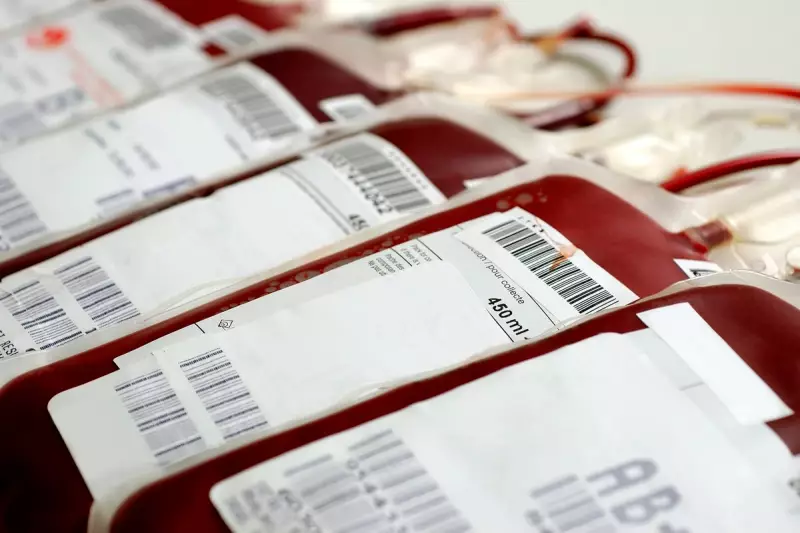
A devastating medical negligence case has emerged from India's Madhya Pradesh state, where a 28-year-old thalassemia patient contracted HIV after receiving contaminated blood during a routine transfusion at a government hospital.
The shocking incident occurred at the District Hospital in Ratlam, revealing critical failures in the country's blood screening protocols and raising serious questions about patient safety in government healthcare facilities.
Systemic Failure Exposed
According to health officials, the blood transfusion took place in October 2023, but the HIV-positive diagnosis was only confirmed months later in February 2024. The delay in detection highlights additional concerns about follow-up care and monitoring protocols for regular transfusion patients.
The blood in question was supplied by the Ratlam district blood bank, which allegedly failed to conduct proper HIV screening despite mandatory testing requirements. Initial investigations suggest the blood was collected from a donor whose infection status went undetected during standard screening procedures.
Family's Anguish and Official Response
The patient's family expressed profound distress, stating they had regularly taken their relative for transfusions to the same hospital for years, never imagining such a catastrophic failure could occur.
Madhya Pradesh's Health Minister has ordered a comprehensive investigation into the incident, while four healthcare staff members from the blood bank have been suspended pending the outcome of the inquiry. Health department officials confirmed that disciplinary action would be taken against those found responsible for the grave oversight.
Broader Implications for Healthcare Safety
This case has reignited concerns about blood transfusion safety across India, particularly in government-run healthcare facilities serving vulnerable populations. Thalassemia patients, who require regular blood transfusions throughout their lives, face disproportionate risks when screening protocols fail.
Medical experts emphasise that while India has made significant strides in blood safety over recent decades, incidents like this demonstrate persistent gaps in implementation and oversight that continue to endanger patients' lives.
The National AIDS Control Organisation has been notified of the case, and health authorities are conducting contact tracing to identify any other potential recipients of contaminated blood from the same donor.





